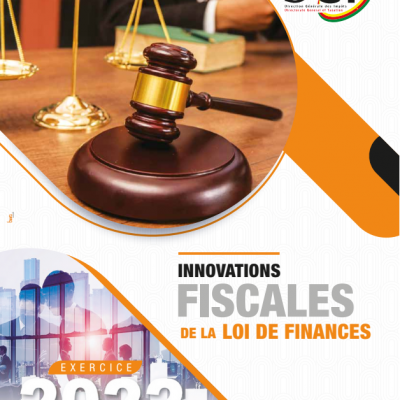Tax pressure defines the relative importance of compulsory levies in the national economy. It is a macroeconomic greatness of which the rate is set in relation to the GDP (Gross Domestic Product) and reflects the revenue collection effort of the State to meet its expenses.
It is important to distinguish \”tax pressure\” from \”tax burden\”, which expresses the same idea, but at the microeconomic level of each taxpayer.
In Cameroon, some people wonder if the tax pressure is not high and that it could ultimately be detrimental to the economy.
Elements of response to this issue may be found in a comparative study of tax pressure in Cameroon and other countries in the CEMAC sub-region. Moreover, the current tax policy characterised by the search for greater equity between taxpayers and neutrality of the tax is no longer considered an element of sector policy, since it contributes to the decline in the rate of pressure.
TAX PRESSURE IN CAMEROON
Tax pressure is one of the four convergence criteria for the harmonisation of economic policies within the CEMAC zone. In Cameroon, its rate was around 15% in 2008, well below the sub-regional average which is 21.7%.
The relative impression of a high tax pressure in our country is due to the fact that until recently, a small number of taxpayers bore almost all the tax burden, because of the large informal sector. The reforms undertaken in recent years both in tax policy and in terms of capacity building of the Tax Administration permit to hope for a fair and equitable tax burden based on the ability of each taxpayer to pay.
These reforms centre around broadening the tax base and mastery of the recovery procedure.
BROADENING OF THE TAX BASE AND MASTERY OF COLLECTION AS AN INSTRUMENT FOR THE REDUCTION OF TAX PRESSURE
Broadening the tax base
Broadening the tax base, one of the options taken by the government in view of improving revenue without increasing tax pressure is essentially based on:
- Identification, location, registration and retaining of new taxpayers;
- Removal of preferential schemes and notably tax exemptions that have not only become ineffective but reduce the tax base;
- Rationalisation of tax inspection to limit the adverse effects of fraud and tax evasion.
Mastery of recovery
The mastery of recovery is based on:
- clarification of the procedures relating thereto;
- better securitisation of State revenue.
The essential question that challenges the government is whether the 16% rate of tax pressure would permit our country to meet its commitments notably those of developing of our economy and improving the living conditions of the population, within the present context of liberalisation of world trade and consequently a significant reduction of customs duties.


